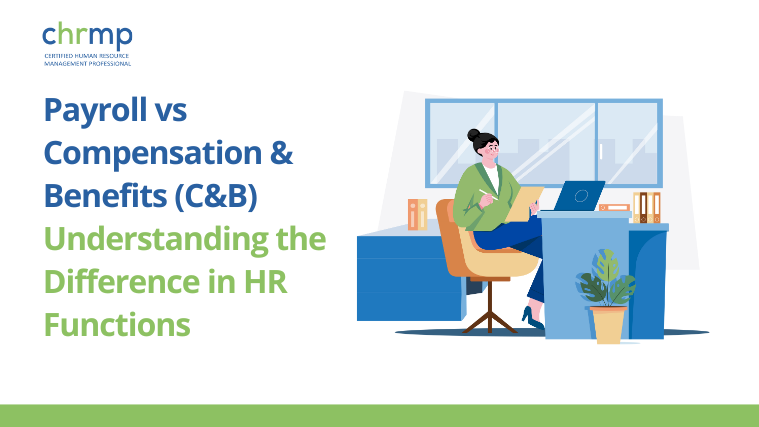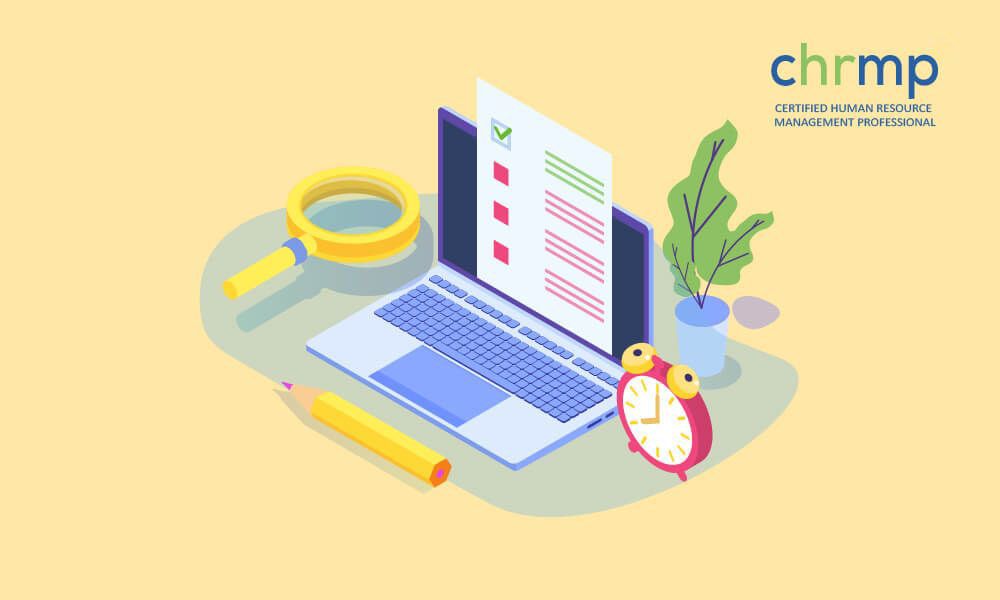

Let us understand what we mean by being productive. Webster Dictionary defines the word “productive” as the following:
Thus, a highly productive professional is the one who is capable of yielding desired results/outcomes/benefits/profits in abundance, due to his systematic, appropriate and meticulous approach to work. Such people are known to outperform and execute a work in less time, and with quality.
Complex teams tend to have more conflict than other groups. The reason behind this is because each member of the group has different ideas about how things should be done. In order to make sure everyone’s opinions are heard, members of the team need to listen carefully to each other and try to understand where others’ points of view come from. This will allow you to better communicate your own point of view.
Senior team members should take on leadership roles within the team. They should set the tone for the rest of the team and encourage all team members to participate in decision making. If senior team members don’t lead by example, then no one else will either.
If there is a disagreement among team members, it is important to resolve the situation quickly and calmly. Don’t argue or get angry. Instead, ask questions to help clarify the issue and look for ways to solve the problem together.
Extra time should be allotted for meetings. It is best to keep meeting times short and limit the number of meetings per day. Meetings that last longer than 30 minutes are usually ineffective.
Meetings should focus on accomplishing specific tasks rather than discussing general topics. For example, if you want to discuss a project, schedule a separate meeting to do just that. Otherwise, you’ll end up spending too much time talking about unrelated topics.
When planning a meeting, think about who needs to attend.
Company culture is very important when deciding whether or not to invite someone to a meeting. Invite only those people who can add value to the discussion.
If you’re going to hold a meeting, make sure you prepare thoroughly beforehand. You may even want to write down some notes or use an agenda so you won’t forget anything.
When holding a meeting, consider using flip charts instead of paper. This allows you to share information easily and clearly.
Here are eight tips to transform yourself into a highly productive professional at the workplace.
The first thing you must do is to prepare a checklist for work to be done on a particular day. It should be followed by prioritisation of each work, as per urgency. Also, each work must be broken into related activities.
A lot has been written about the above in HR books. However, the author feels that each project must be divided into critical aspects and non-critical aspects. Critical aspects are the ones, which need immediate redressal and execution. If the critical aspects are tackled, the project gets expedited. The effort must be made to identify these critical aspects of a project and efforts made to complete it first.
Each individual has his own “prime time” of working, when his energy level, mental tuning coherency is at its peak. You must plan major work during this period.
However, the author is of the opinion that after reaching office, a highly productive professional must complete the work, which he is himself supposed to do first.
Each individual is fresh and full of energy in the initial period of office timing. This period should be devoted to doing the “most difficult” work. This is because you may face many obstacles as the day progresses.
There are many individuals who start talking, gossiping and doing numerous such things after reaching office. If you are a boss, they may come to your chamber immediately after you reach office on one pretext or the other. Tell them to meet you after they have finished the most critical job, they have themselves to finish. In case, they have already finished their critical job or want your guidance in finishing it, discuss with them.
Best option is that everybody does his difficult or critical job and then meets other people especially if they need some help or advice.
Time may be saved by introducing automation in the office. This may relate to payment of bills, circular for meetup, preparation of minutes for meetings and their distribution, registrations and on-line payment. Even the on-line-meetings may be held simultaneously among different locations, by using technology. Technology has become an order of the day and must be fully harnessed.
The “Pomodoro” technique is a time management method, developed by Fransisco Cirila in the late 1980s. The technique uses a timer to break down work into intervals, traditionally 25 minutes in length, supported by short breaks.
The technique has been found to be very useful and helps in doing work in deep zones and being highly productive
No one can work continuously. The best option is to get head-long into the work and take a break, when you get bored.
Remember, if you get bored, it means you are on the proper track. Creative solutions emerge only when you get bored. However, this boredom should not demotivate you.
During break, you can walk, sip a cup of coffee, just sit and relax. You may also ponder over how to do the job in a better way.
Good and effective communication is very critical for efficient working.
However, holding of meetings, sending of emails, correspondence, etc should always be done in fixed slots of the day. It should not happen that each and every one is busy in meetings, inter and intra-group discussions /communication throughout the day. Then how will the people do their own work? And, unless they do their own work, how will the organisation flourish?
Change management can help increase employee engagement and productivity.
The following are some of the most effective ways to manage change in an organization:
Soft skills such as excellent communication skills, time management expert , active listening etc increase Personal Effectiveness and emotional intelligence which has been proven effective not only for the individual goals but also for the organizational goals improving the company culture.
The culture of collaboration has been marked by the High-Performing Teams (also could be considered as one of the highly innovative teams) tend to have a collaborative behavior, energy levels and common goals which include relationship building, social relationships, people skills, effective ground rules working as a collaborative team which induces a collaborative culture that helps increase the rate of Employee Development and the chances of having a successful career.
How to improve work ethic skills?
A: One can improve their work ethic skills by observing and studying the behavior of others. The first step is to observe them carefully, then study the behavior of people who are more successful than you are in your field. It’s important that we look around us and find examples of those who are doing things right and learn from them. Also, we should pay attention to how these people behave on the job and what they do to increase productivity. Of course, there will be some differences between people because everyone has different personalities.
How to Exhibit Professionalism?
A: We must exhibit professionalism when working. This means showing up on time, maintaining good hygiene, dressing appropriately, using appropriate language, keeping our desks clean, making sure our computers are secure, etc. This also includes communicating with clients and other professionals about deadlines, projects, and issues.
What are good productive work habits ?
A: A few examples of ‘Good productive work habit’s are : –
What skills might a person need to be a productive employee?
A: Successful employees have three basic qualities that make them successful:
What are 3 things you need to be successful at work?
A: Success requires having strong communication skills; excellent organizational skills; and a willingness to accept criticism. All of these help one become and effective professional.
How to handle negative coworkers?
A: Some ways to deal with it are :
Ripples Learning is continuously striving to add value to knowledge pertaining to the human resource field, through its blogs and different state of the art programs. For knowing more about us please go through the following websites:

© 2007-2025 CHRMP| All Rights Reserved | Powered by Ripples Learning & Research Private Limited
